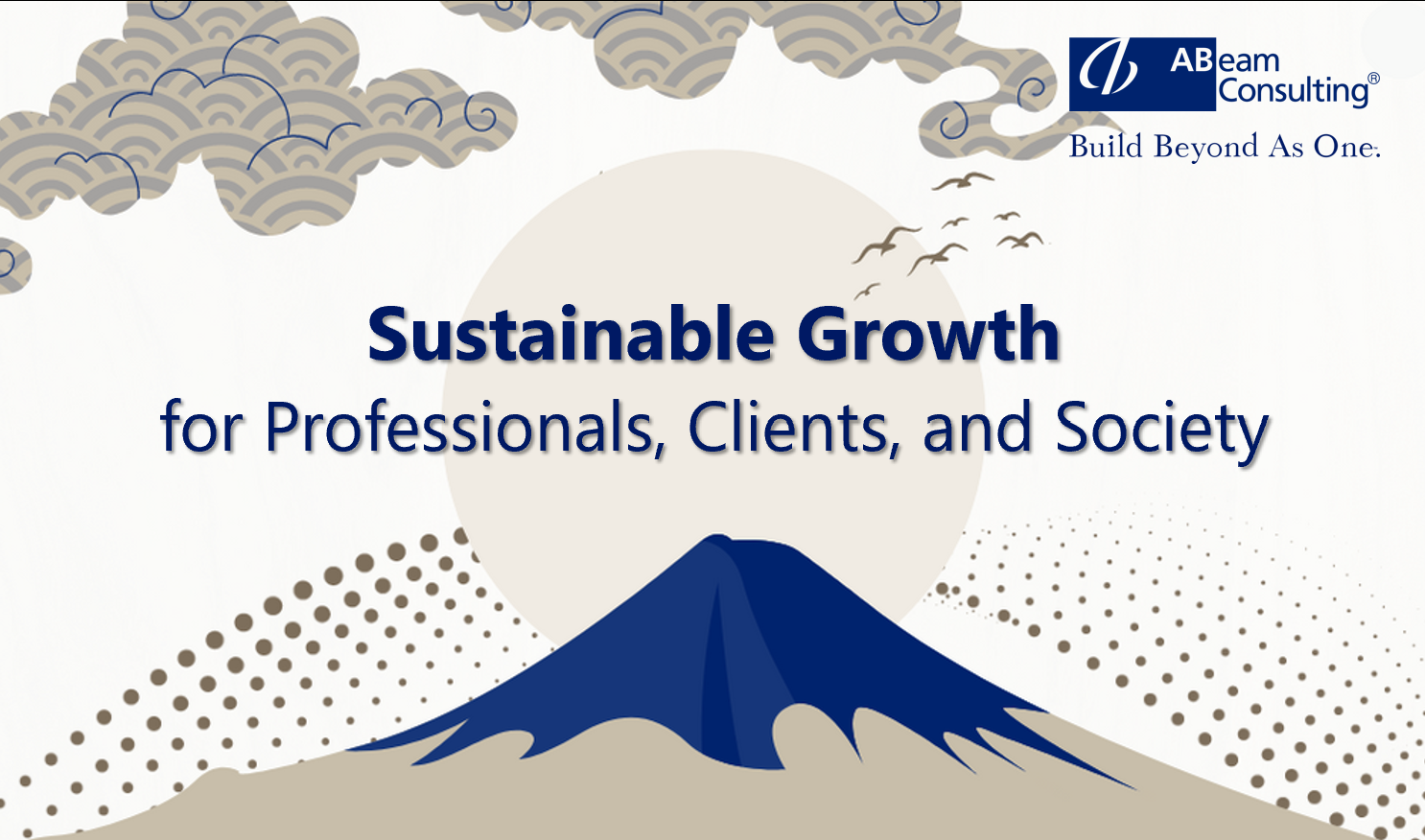
In this process, energy management and the shift to sustainable energy are critical steps toward lowering emissions. However, many Vietnamese enterprises are unsure where to begin. This article provides some suggestions:
The most visible advantage of energy management is the reduction in energy costs. Most organizations can save up to 20% on their energy bills simply by better managing their energy usage, through investing in solutions.
According to the Carbon Trust, good energy management can save a business 5%-25% on energy costs, with a typical payback period of two years or less.
Recently, however, energy management has attracted more attention, as a means of reducing greenhouse gas emissions.
Today's rapid global warming is a serious and urgent problem for the world's countries, and greenhouse gasses are believed to be the cause. CO2 accounts for about 75% of all greenhouse gasses, and according to the International Energy Agency (IEA), global CO2 emissions by 2022 will reach 36.8 billion tons, the highest record ever.

By understanding their own CO2 emissions, reducing the use of CO2-emitting fossil fuels, and switching to renewable energy such as CO2-free solar energy, the transition to renewable energy such as solar energy has attracted attention as a means of reducing CO2 emissions.
Accordingly, the first step in the process of reducing emissions is energy management, which requires a solid and accurate understanding of the source of greenhouse gas emissions and emissions through the company's activities.
Mr. Shimazaki Shota, Director of Industrial Park Infrastructure at ABeam Consulting Japan, said that, for businesses around the world, energy saving is first accomplished by updating or introducing efficient equipment with high performance and then optimize control through the use of an energy management system (EMS).
Then, energy management is implemented by introducing storage batteries and electric vehicles to maximize the use of renewable energy sources such as solar power and the use of solar heat. Energy usage through system thermoelectric cogeneration (CHP) is also an effective means.
In addition, several large companies have offices and factories in multiple countries, and some of them have introduced centralized energy management systems to manage greenhouse gas emissions from locations around the world.
“The green transition (GX) will shift the central economic and industrial structure from fossil energy to clean energy and promote the transformation of the entire social system, which is a great business opportunity for businesses. To capture all possible business opportunities through green transition in a timely manner, we believe that the need for energy management solutions is a prerequisite for achieving this transformation is predicted to continue to increase in the future," Shimazaki Shota said.
However, there is still the fact that some senior managers in the enterprise often see green transformation as a mere cost, and their efforts often stall.

“Many of our customers understand the importance of greenhouse gas reduction initiatives, but are struggling and don't know where to start,” said Linh Huynh, strategy and operations expert at ABeam Consulting Vietnam.
By providing energy management solutions, ABeam Consulting will work closely with customers so that businesses can achieve successful green transformation in the medium and long term.
The sustainability management solutions provided by ABeam Consulting cover both management infrastructure and performance and are built on the foundation of integrating sustainability with business management.
ABeam Consulting Vietnam supports the process through decision-making adopting an approach that is economically sound, to determine which actions will be successful in providing sustainable value in a way that is typical of Japanese corporations, as opposed to just advising on cutting-edge company case studies and promoting compliance with global guidelines.
As part of a company-wide strategy, ABeam Consulting is actively working to solve social problems by being the enabler of transformation, creating new value together with clients, as well as collaborating with communities, companies, and organizations to promote sustainable practices.
"In contrast to sports, the attempt to minimize emissions entails running long distances rather than short ones. A business must continuously innovate in order to thrive in a quickly shifting socioeconomic environment,” said Shimazaki Shota.
"The idea of sustainable management aids in achieving this. It enables a business to focus on its core strengths, maintain a long-term perspective, and comprehend its significance while fostering competition, raising corporate value, and providing more value,” he added.
PV